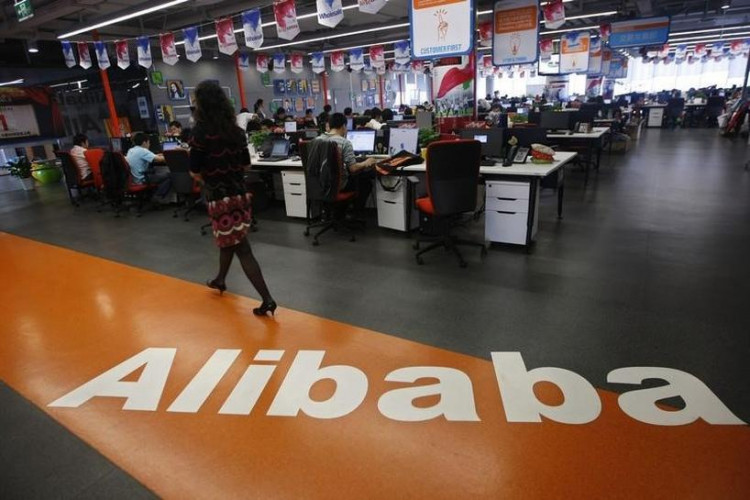Alibaba Group Holding Ltd. shares surged nearly 10% in Hong Kong and U.S. premarket trading Wednesday after the Chinese technology giant announced a major expansion of its artificial intelligence ambitions, unveiling a partnership with Nvidia, new global data centers, and its most advanced language model to date.
Speaking at the company's flagship Apsara Conference, Chief Executive Eddie Wu declared AI a central pillar of Alibaba's strategy. "The speed of AI industry development has far exceeded our expectations, and the industry's demand for AI infrastructure has also far exceeded our expectations," Wu said, pledging to increase spending on top of the 380 billion yuan ($53 billion) earmarked earlier this year for AI-related infrastructure.
The highlight of the event was a strategic partnership with Nvidia Corp. to co-develop physical AI capabilities, including data synthesis, model training, and simulation tools. The announcement comes days after Nvidia committed up to $100 billion to supply data center chips to OpenAI, underscoring the competitive rush among global technology players to secure leadership in next-generation computing.
Alibaba also revealed plans to open its first data centers in Brazil, France and the Netherlands this year, with additional facilities planned for Mexico, Japan, South Korea, Malaysia and Dubai in 2025. The expansion will extend Alibaba Cloud's footprint beyond its existing 91 data centers across 29 regions worldwide, a move analysts say is critical to attracting global enterprise customers.
Lian Jye Su, chief analyst at Omdia, said the strategy highlights Alibaba's ambitions to be a global player. "The overseas data center investments will help expand Alibaba's influence among international AI developers and enterprise users," Su noted.
On the product side, Alibaba unveiled Qwen3-Max, a large language model with more than one trillion parameters. Chief Technology Officer Zhou Jingren said the model showed leading performance in code generation and autonomous agent capabilities, requiring fewer human prompts than traditional chatbots. Benchmark results cited by Alibaba indicated the model outperformed rivals including Anthropic's Claude and DeepSeek-V3.1 on certain metrics.
Other announcements included Qwen3-Omni, a multimodal system designed for virtual and augmented reality applications such as intelligent cockpits and smart glasses. Wu framed these innovations as part of a broader goal to prepare for what he called the "artificial superintelligence era."






